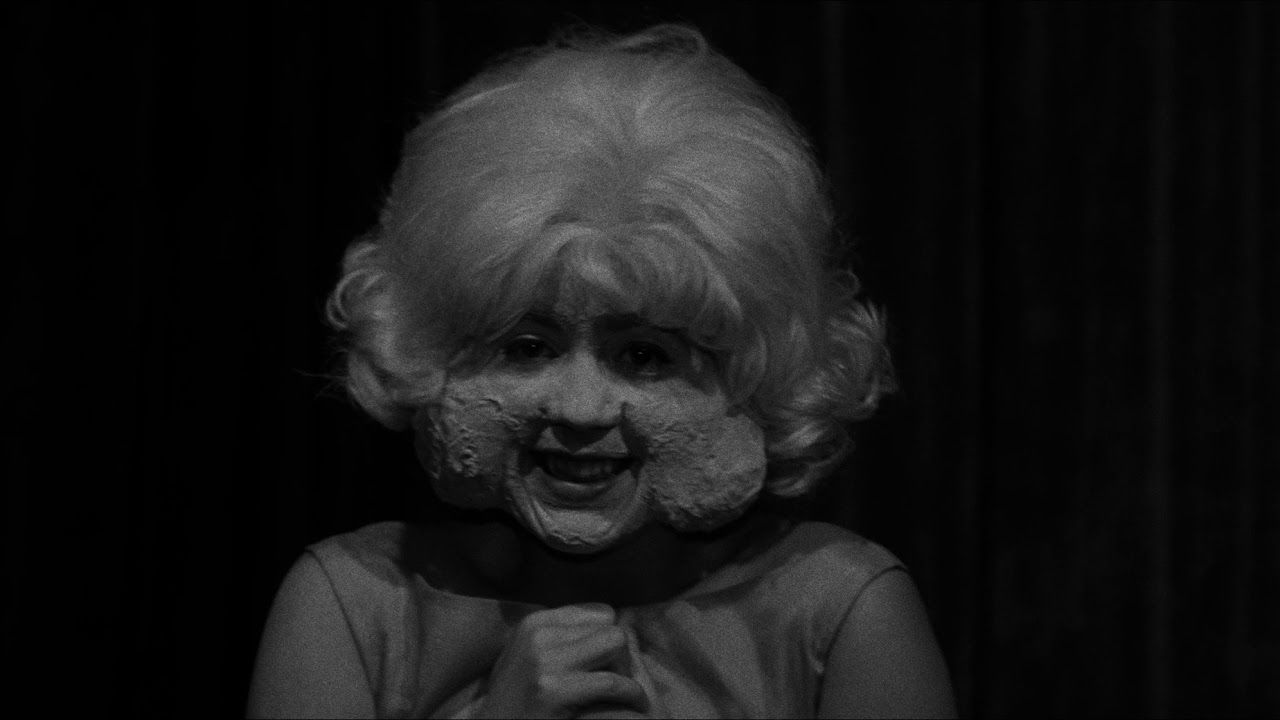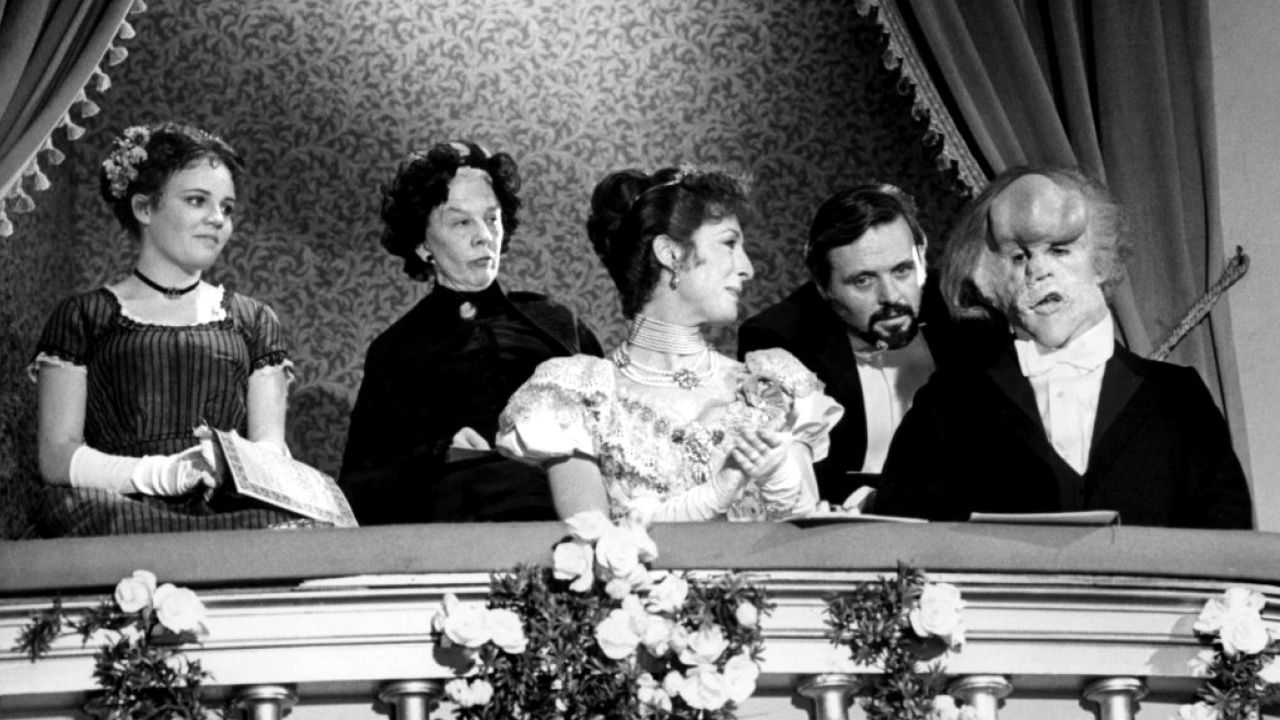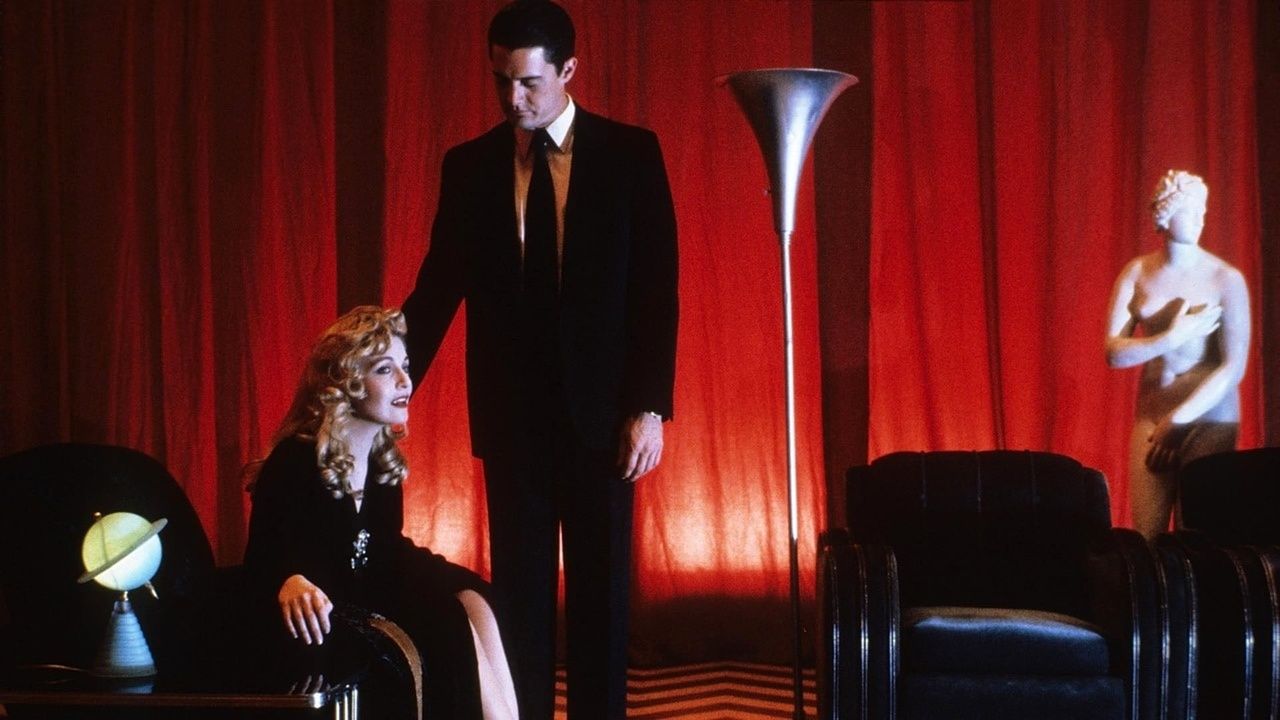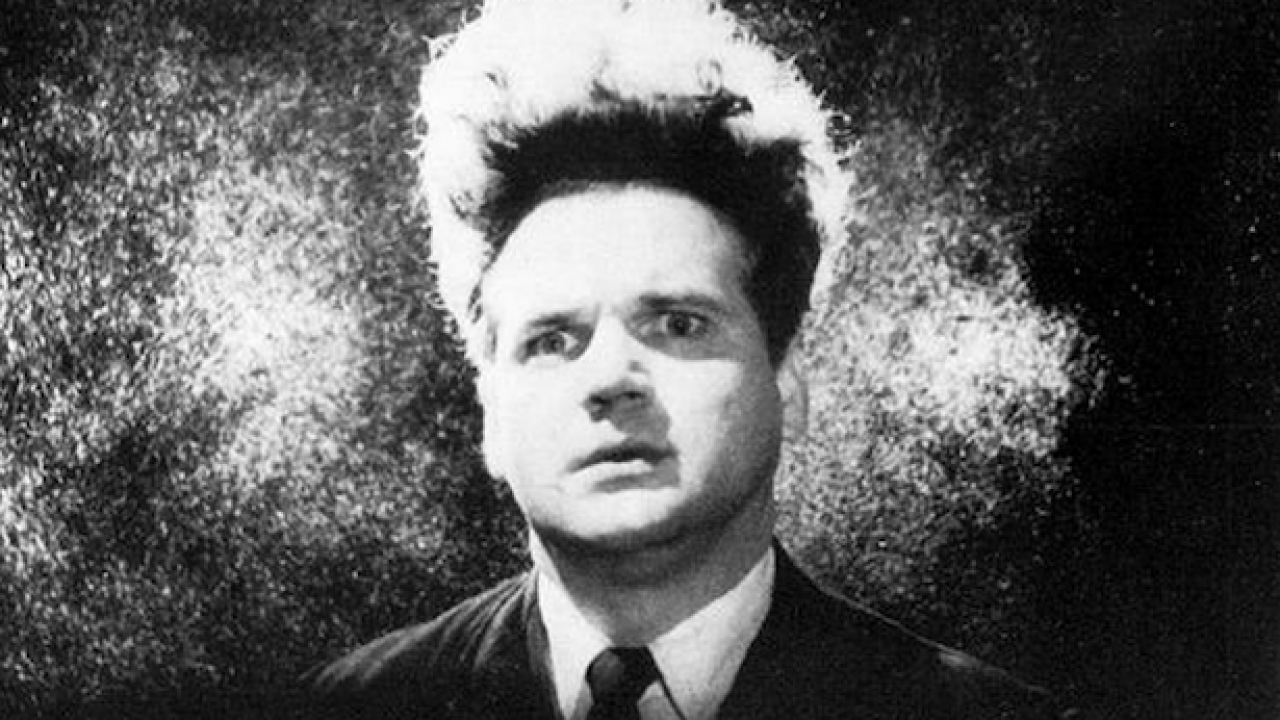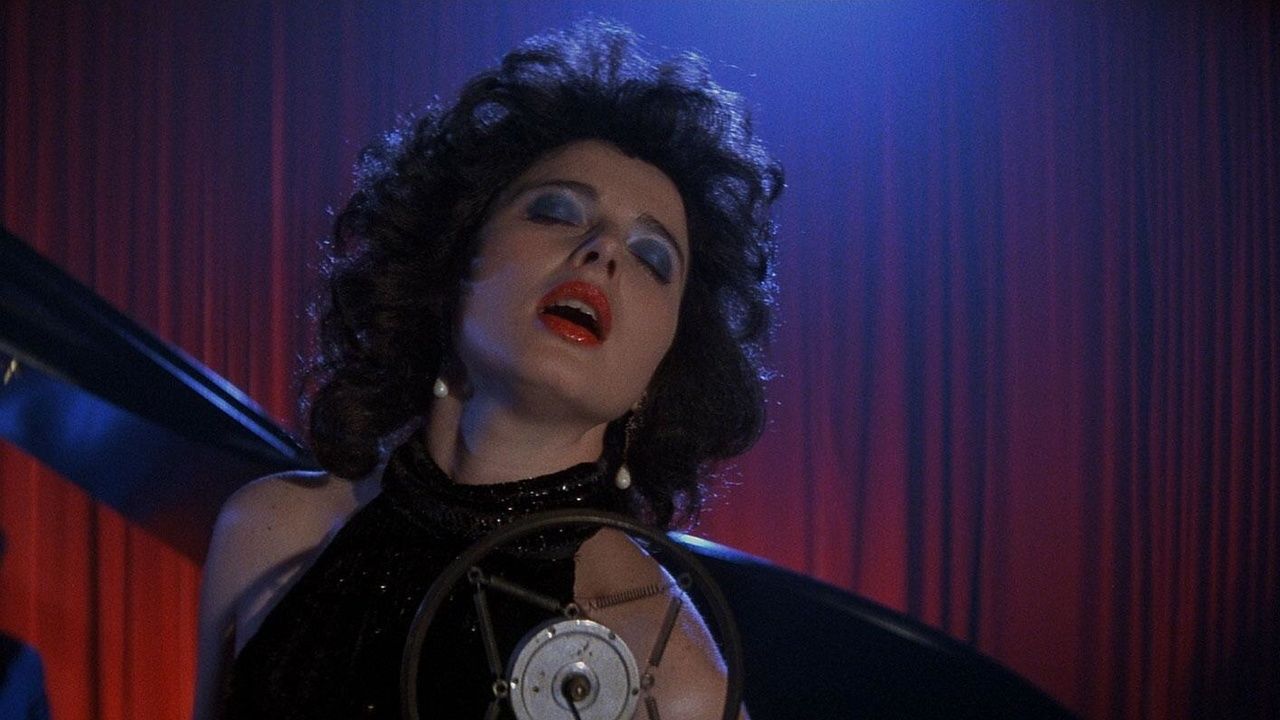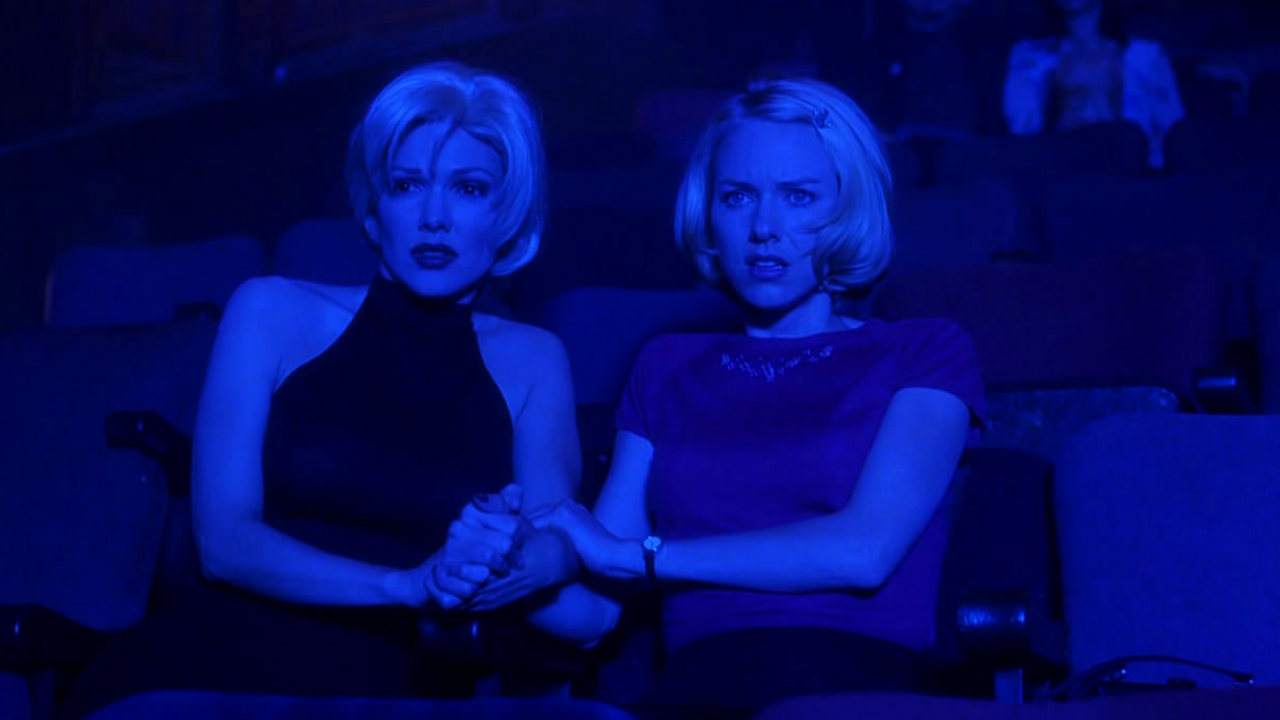The Return. Few filmmakers are so distinct that they become their own adjective, but David Lynch is one of those people. The director and storyteller has been exploring what makes the human psyche tick, and giving us Lynchian nightmares in the best possible way ever since he emerged with his 1977 debut feature Eraserhead. Since then, Lynch has perfected his dreamy, surreal, and absurdly comic style, and gifted audiences with some of the most influential films of all time, even if he's now supposedly retired from feature films.
Looking through Lynch’s filmography, many have pondered and argued over which of his achievements reign supreme, and this question is made even harder by how subjective Lynch’s films are for each viewer. Just ask a film club or cinema studies class to state their favorite Lynch flick; what ensues is sure to be rowdy and heated. Regardless of how people like their Lynch, this second installment will explore one of the most diverse and eclectic oeuvres of all time, ranking his best films (subjectively) from 'least best' to best. This is Part Two-- The Best of Lynch.
5 The Elephant Man
In only his second feature, Lynch was able to add his signature style to the biopic The Elephant Man, which was based on the life of John Merrick, a deformed yet passionate man who's taken in by Dr. Fredrick Treves (Anthony Hopkins). For The Elephant Man, Lynch decided to tone down his surrealistic impulses for a more grounded approach emphasizing Merrick's transition into high society and his friendship with Treves, although his visuals and sound design still contain his haunting and gothic aesthetic. Lynch's focus on character results in some truly powerful storytelling, and John Hurt as Merrick and Hopkins deliver two of their strongest performances. The Elephant Man showcased that Lynch could tell a character-driven story and still retain his artistic voice, using some is of his most subtle and mature direction to date. The sad biographical film was surprisingly produced by Mel Brooks (who had seen and loved Eraserhead), and was a critical success nominated for several Academy Awards.
It may be considered one of his more conventional films, but The Elephant Man was audiences first indicator that Lynch could tell an emotionally-driven narrative. This is an element of his storytelling that's continued in his work to this day, most notably in the romances of Blue Velvet and Mulholland Drive, and even in his landmark series Twin Peaks. Although it may not always be the first film discussed in his filmography, The Elephant Man was an early sign of Lynch's range and potential and remains one of his most accessible and poignant.
4 Twin Peaks Fire Walk With Me
In the '90s, Lynch not on,ly dominated cinemas but also the small screen with smash hit series Twin Peaks. Sadly, the series (co-created with Mark Frost) was abruptly canceled by ABC in 1991 on a cliffhanger which left many fans clamoring for answers. In 1992, Lynch revisited the Twin Peaks universe in the form of a prequel film titled Fire Walk With Me. The film recounts Laura Palmer's final days before her death and gives viewers an insight into her tormented existence. Although some fans weren't initially happy with Lynch's bold vision upon release, it's since been re-evaluated, especially in the wake of the haunting 2017 revival Twin Peaks: The Return.
The film manages to humanize Laura Palmer and give audiences insight into her harrowing home life. It also provides depth regarding Leland Palmer, whose possession at the hands of the demon Bob leads to a painful and tragic arc. The beguiling film explores elements of the series briefly, such as The Black Lodge, and several plot points later were utilized in 2017's The Return. FWWM is also notable for featuring a surreal and noteworthy cameo from David Bowie as Agent Jefferies, and features cameos from characters such as Bobby, Shelly, James, and the log lady. Although it'll be best received by those who've seen the series, Fire Walk With Me remains one of Lynch's most human and tragic stories, utilizing incredible performances by Sheryl Lee and Ray Wise as Laura and Leland Palmer, respectively, in order to depict the horrors and trauma of child abuse and rape. Overall, Fire Walks With Me remains an accomplished piece of filmmaking from Lynch and adds notable layers to his already rich Twin Peaks universe, even if it asks more questions than it answers.
3 Eraserhead
Lynch's debut feature film could've been the only film he ever made, and it'd still be enough to consider him an influential force in modern cinema. Released in 1977, Eraserhead tells the story of Jack Spencer, a man living in a desolate urban environment who finds out that his long-time girlfriend has given birth. The child, however, doesn't appear to be human, and when Jack's girlfriend leaves him, he must fend for the child himself all while trying to maintain his sanity. Eraserhead emerges right away as one of Lynch's most fully formed films, and its black and white cinematography and sound design create a mood that is utterly captivating. In the title role, Jack Nance manages to vividly portray Spencer's torment and anguish over his newfound situation with sparse words and detailed expressions. Lynch also utilizes his visual storytelling to build tension and juxtapose moments of absurd humor and surrealism. Eraserhead is less a film explained than experienced, and although it's deliberately ambiguous, its visual inventiveness and unique approach ensure that it's nothing less than memorable.
Upon release, Eraserhead evoked strong reactions both positive and negative from critics and audiences. Over time, though, it's grown a massive cult following and is now widely considered to be one of the most influential films ever made. Much of Lynch's signature aesthetic and voice were established here and have become motifs in the majority of his later work. Though he may have gone on to more linear and accessible films (well, kind of), Eraserhead is still one of his most disturbing, nihilistic, and uncompromising pieces ever. The fact that this was only his first full-length speaks to the level of artistry and authority Lynch inherently has as a filmmaker.
2 Blue Velvet
While he began his career with much promise in the late '70s and early '80s, David Lynch still had something to prove especially after the critical and commercial failure of Dune. In 1986, he created what some could consider his masterpiece with Blue Velvet. The film, at once a parody of suburbia and a nightmarish trip into the dark corners of society, helped solidify Lynch as a notable filmmaker and a cultural force. The plot revolves around Kyle McLaughlin's Jeffery Beaumont who, upon returning home to the sleepy town of Lumberton, finds a severed ear in a field. This leads him down a rabbit hole that gets the young all-American man involved with tortured torch singer Dorothy Vallens and a psychotic sadist with a breathing tube, Frank Booth, both played in iconic performances by Isabella Rossellini and Dennis Hopper, respectively. Blue Velvet showcases Lynch's ability to master multiple moods, with dark comedy, horror, eroticism, and the genuinely heartfelt romance in the form of Jeffery's relationship with Sandy (played effortlessly by Lynch regular Laura Dern).
Lynch's visuals highlight both the mundanity of Lumberton and the nightmarish debauchery that Jeffery witnesses upon exploring Frank's world. The film also raises some thought-provoking ideas about the American Dream and morality as Jeffery struggles with the temptations he begins to face before him. As an act of storytelling, Blue Velvet sees Lynch fully growing into his potential and establishing themes he would continue to explore. He also gets career-best performances out of McLaughlin, Dern, Rossellini, and Hopper, and creates a distinct visual experience like no other. Blue Velvet ended up garnering critical acclaim and has been embraced as one of Lynch's most influential works. To this day, it remains a bold and uncompromising achievement that helped firmly establish Lynch's status as one of the world's most innovative filmmakers.
1 Mulholland Drive
In a filmography as varied as Lynch's, whichever film that takes the top slot is sure to ignite quite a bit of conversation. However, his late-career masterpiece Mulholland Drive continues to be his most hypnotic achievement, warranting endless revisits. The film follows aspiring actress Betty Elms, who befriends amnesiac Rita, a beautiful woman who had survived a brutal murder attempt and car accident. Along the way, the two are drawn into a web of mysteries, secrets and questionable realities. Mulholland Drive succeeds because of how balanced and varied it is. Lynch fills the film with romance, horror, self-aware meta-commentary on Hollywood, and rich psychoanalytic and philosophical themes.
He manages an ensemble of note-perfect performances including a break-out role from Naomi Watts, along with Justin Theroux and Laura Elena Harring. Mulholland Drive also, like much of Lynch's work, is ambiguous and delights in it's many twists and turns, including a haunting third-act that redefines our understanding of the film entirely. The overall result is a picture that, no matter how many viewings, still contains many fresh and exciting possibilities.
In a career full of celebrated films, Mulholland Drive remains Lynch's most singular achievement, and one that gains new meaning with each viewing. The film is widely considered to be one of if not the finest film of his career, and has received much critical acclaim and recognition since, topping BBC's '100 Best Movies of the 20th Century' list. While Lynch has made no shortage of iconic films, Mulholland Drive remains the strongest showcase of his singular talents to date.

